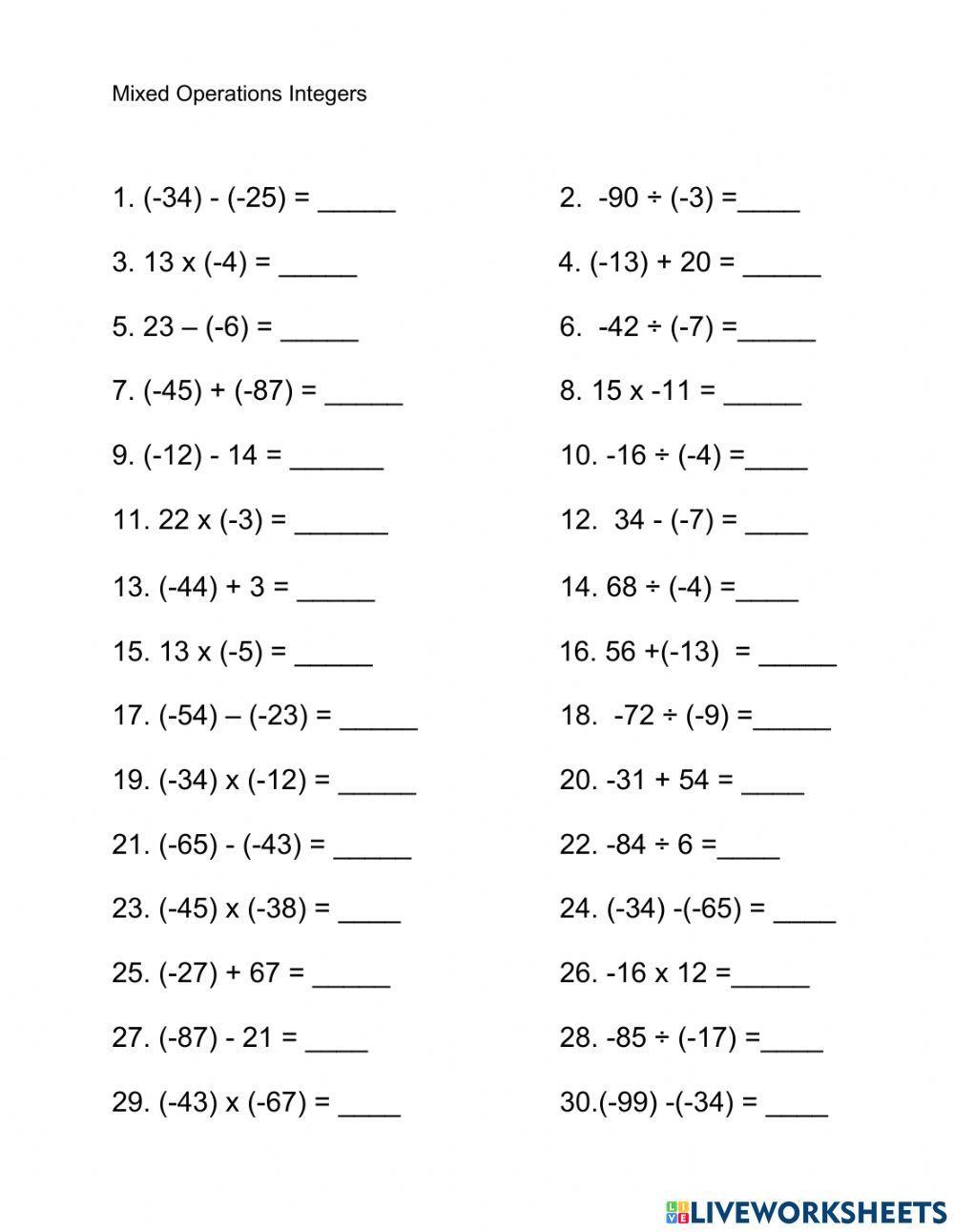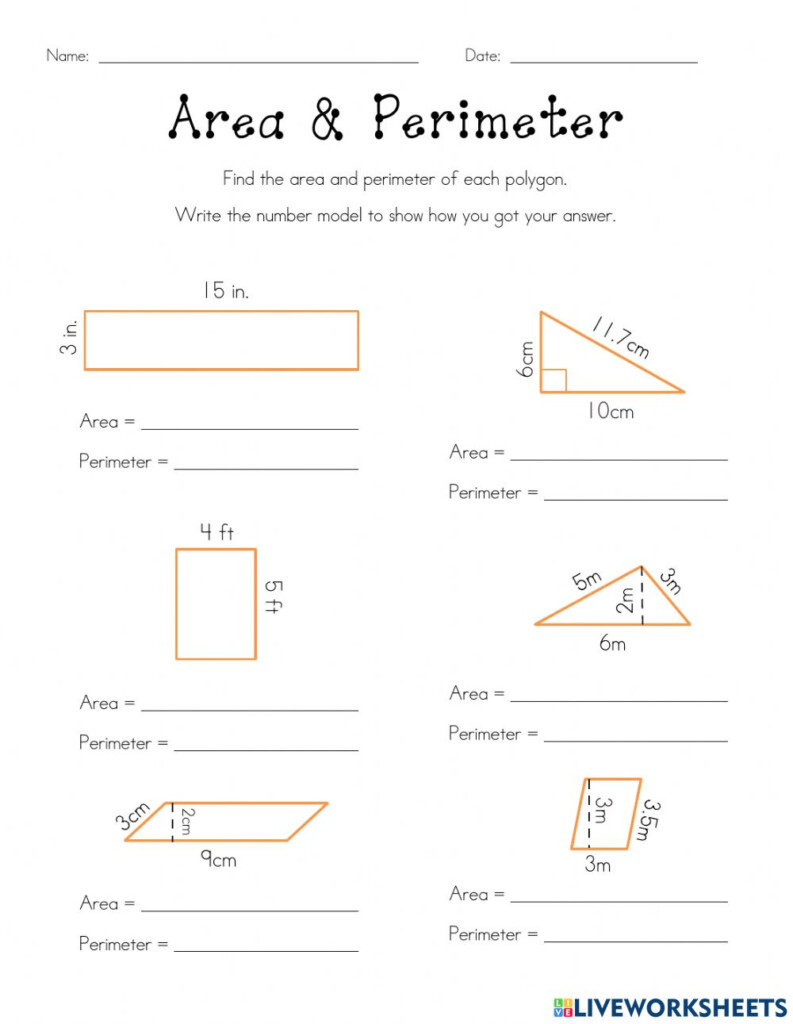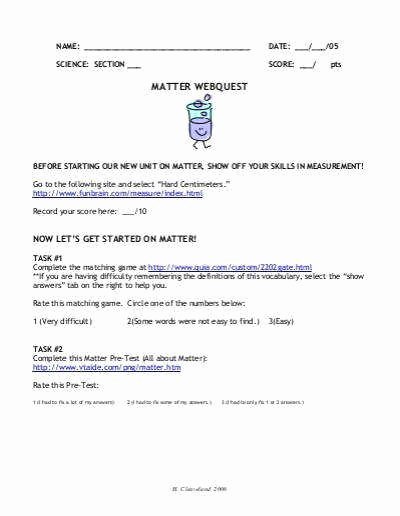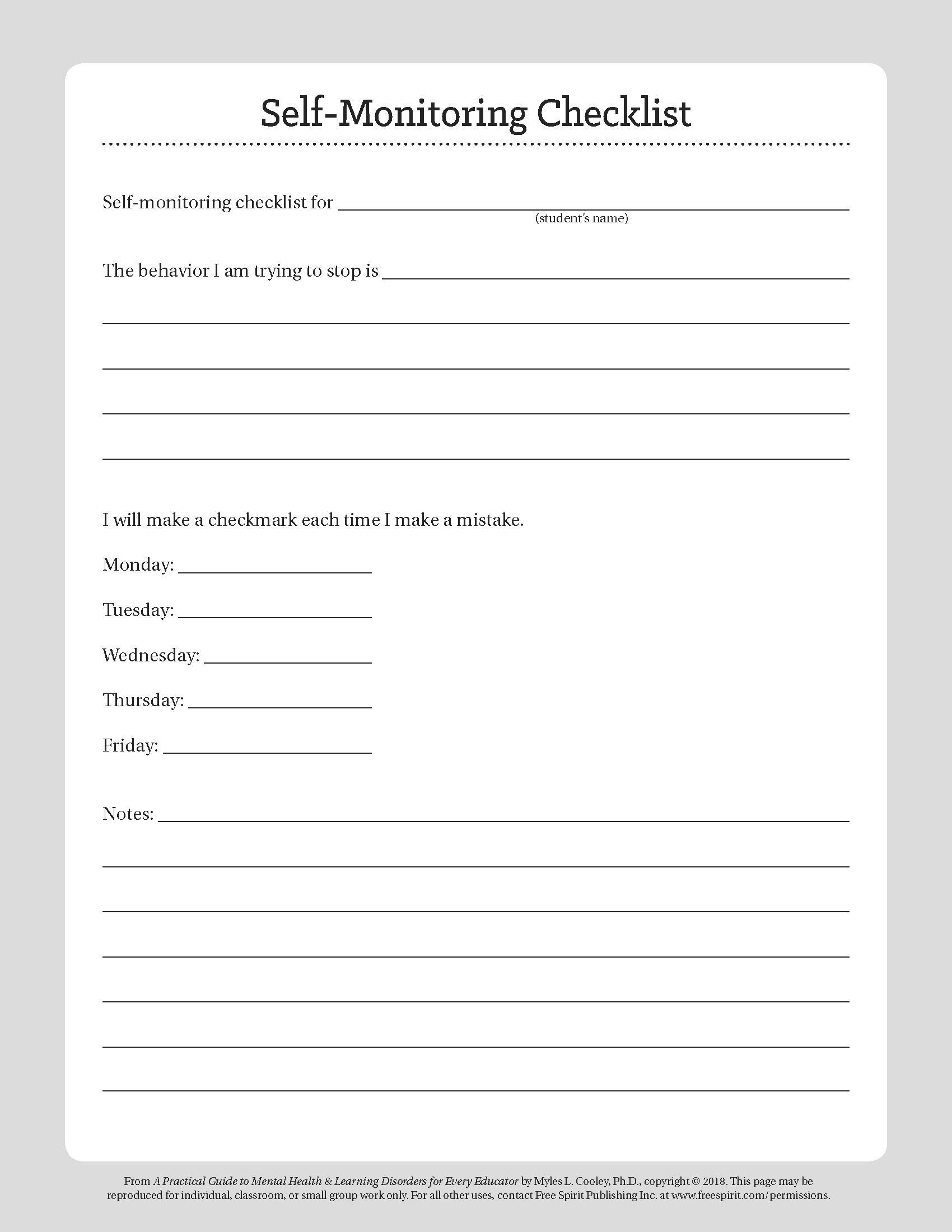7 Ways to Master Mixed Operations

What are Mixed Operations?
Mixed operations refer to a combination of addition, subtraction, multiplication, and division within a single mathematical expression. Mastering mixed operations is crucial for problem-solving in various mathematical contexts, including algebra, geometry, and everyday applications. In this blog post, we will explore 7 effective ways to master mixed operations.
1. Understand the Order of Operations
To evaluate mixed operations, it is essential to follow the order of operations, also known as PEMDAS (Parentheses, Exponents, Multiplication and Division, and Addition and Subtraction). This acronym reminds us to perform operations in the following order:
- Evaluate expressions inside parentheses
- Evaluate any exponential expressions (e.g., 2^3)
- Perform any multiplication and division operations from left to right
- Perform any addition and subtraction operations from left to right
📝 Note: Following the order of operations ensures that mathematical expressions are evaluated consistently and accurately.
2. Practice with Simple Expressions
Start by practicing mixed operations with simple expressions, such as:
- 2 × 3 + 4
- 5 - 2 + 1
- 7 + 1 × 2
Use the order of operations to evaluate these expressions. For example, in the expression 2 × 3 + 4, we would first multiply 2 and 3, then add 4.
3. Use Visual Aids
Visual aids, such as number lines or base-ten blocks, can help you understand the relationships between numbers and operations. For example, you can use a number line to represent the expression 5 - 2 + 1:
- Start at 5 on the number line
- Move 2 units to the left ( subtract 2)
- Move 1 unit to the right (add 1)
This visual representation can help you understand how the operations affect the value of the expression.
4. Apply Mixed Operations to Real-World Problems
Mixed operations are used to solve a wide range of real-world problems, such as:
- Calculating the cost of items with sales tax and discounts
- Determining the area of a room with fractional dimensions
- Evaluating the value of investments with compound interest
Practicing mixed operations in these contexts can help you see the relevance and importance of mastering these skills.
5. Use Online Resources and Games
There are many online resources and games that can help you practice and master mixed operations, such as:
- Math games and puzzles on websites like Khan Academy or Math Playground
- Interactive worksheets and quizzes on websites like IXL or Mathway
- Mobile apps like Photomath or Desmos
These resources can provide a fun and engaging way to practice mixed operations and build your skills.
6. Create Your Own Word Problems
Creating your own word problems can help you apply mixed operations to real-world scenarios and build your problem-solving skills. For example:
- Write a story about a character who needs to calculate the cost of groceries with sales tax and discounts
- Create a scenario where a character needs to determine the area of a room with fractional dimensions
This can help you develop your critical thinking skills and apply mixed operations to novel situations.
7. Review and Reflect
Finally, it is essential to review and reflect on your understanding of mixed operations. Set aside time to:
- Review the order of operations and common pitfalls
- Reflect on your strengths and weaknesses
- Identify areas for improvement and create a plan to address them
By following these 7 ways to master mixed operations, you can build your skills and confidence in evaluating mathematical expressions.
What is the order of operations?
+The order of operations is a set of rules that dictates the order in which mathematical operations should be performed. The acronym PEMDAS reminds us to perform operations in the following order: Parentheses, Exponents, Multiplication and Division, and Addition and Subtraction.
Why is it important to master mixed operations?
+Mastering mixed operations is crucial for problem-solving in various mathematical contexts, including algebra, geometry, and everyday applications. It also helps build critical thinking skills and accuracy in mathematical calculations.
What are some online resources for practicing mixed operations?
+There are many online resources available, including websites like Khan Academy, Math Playground, IXL, and Mathway, as well as mobile apps like Photomath and Desmos.
Related Terms:
- Division drill worksheets pdf
- Math worksheet
- Worksheet multiplication grade 4
- Addition Worksheet grade 3
- Pemdas without exponents



